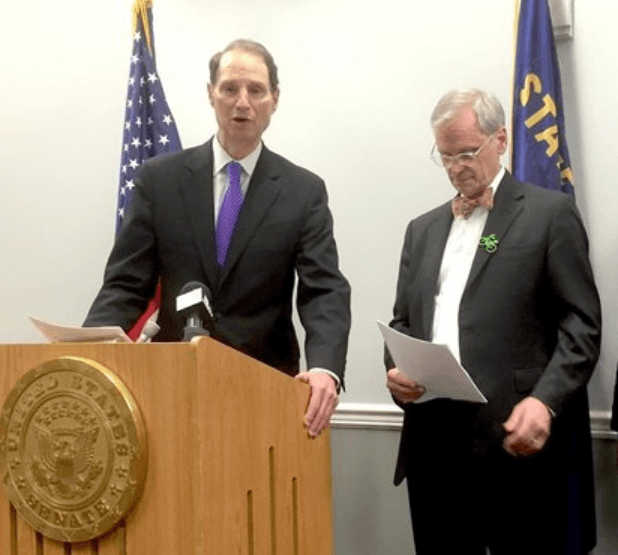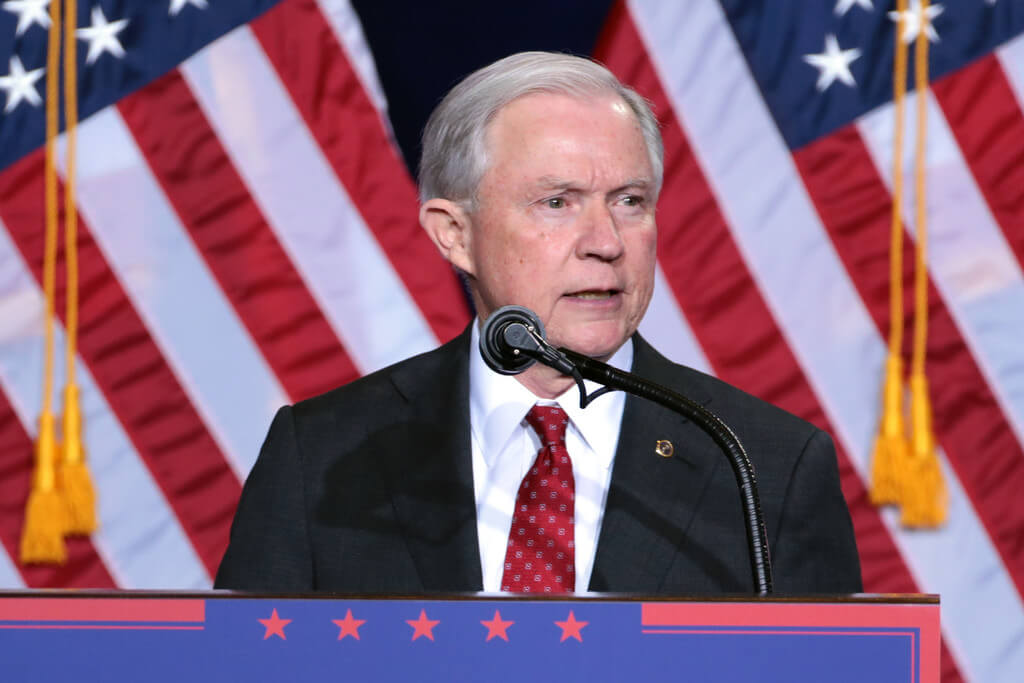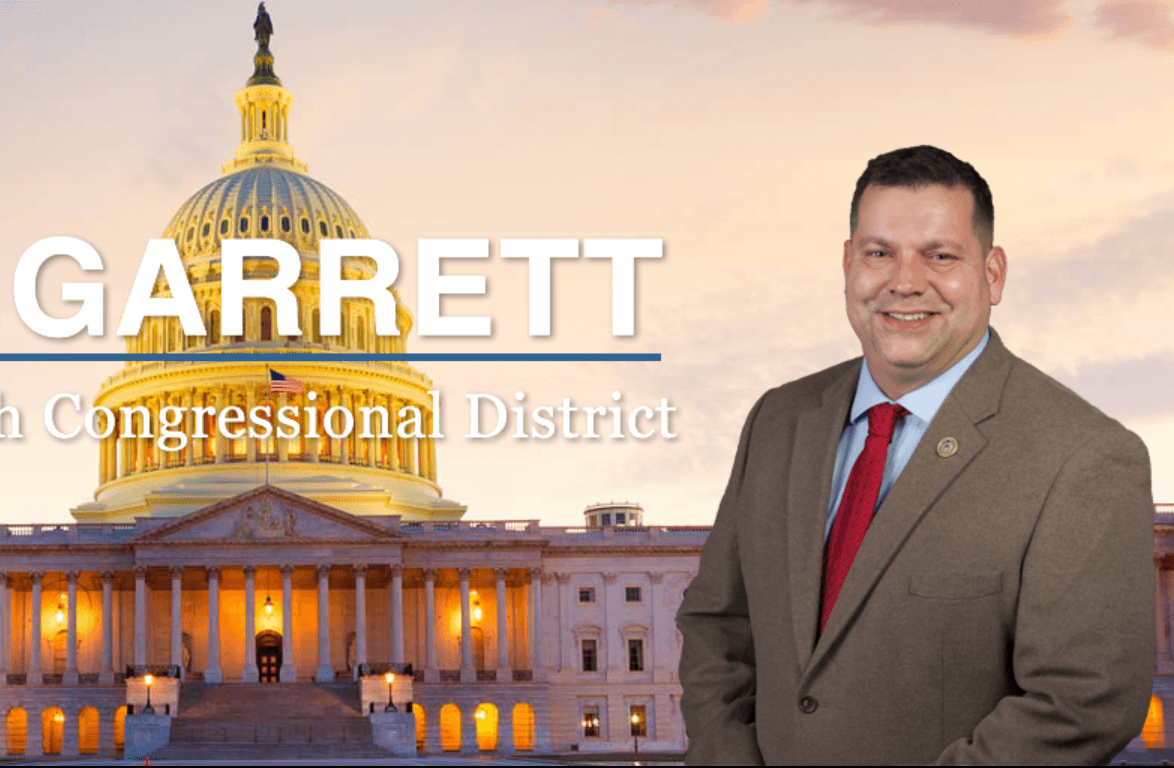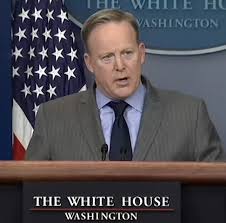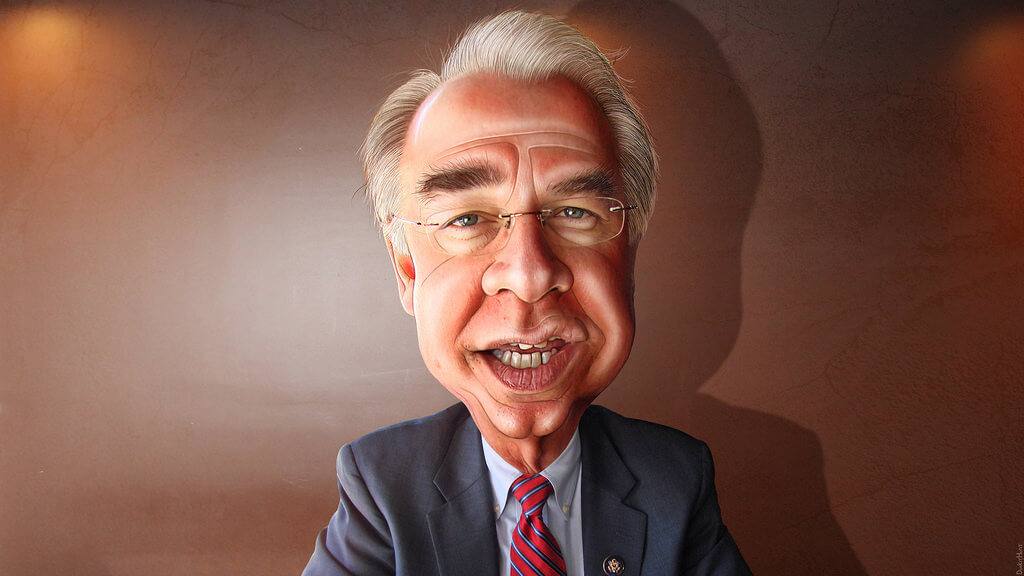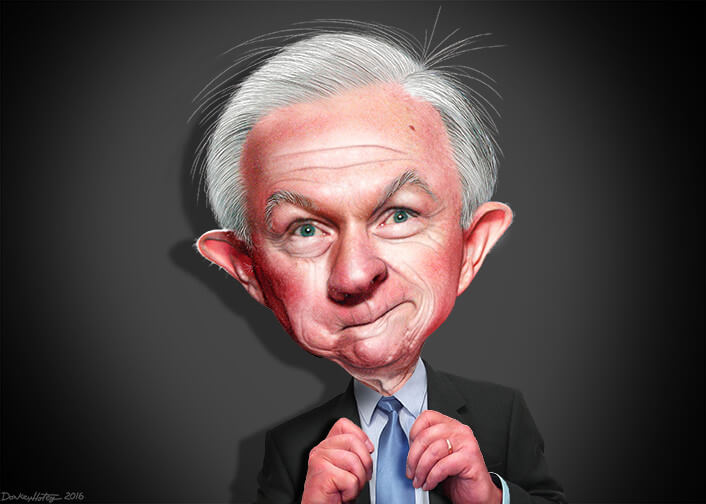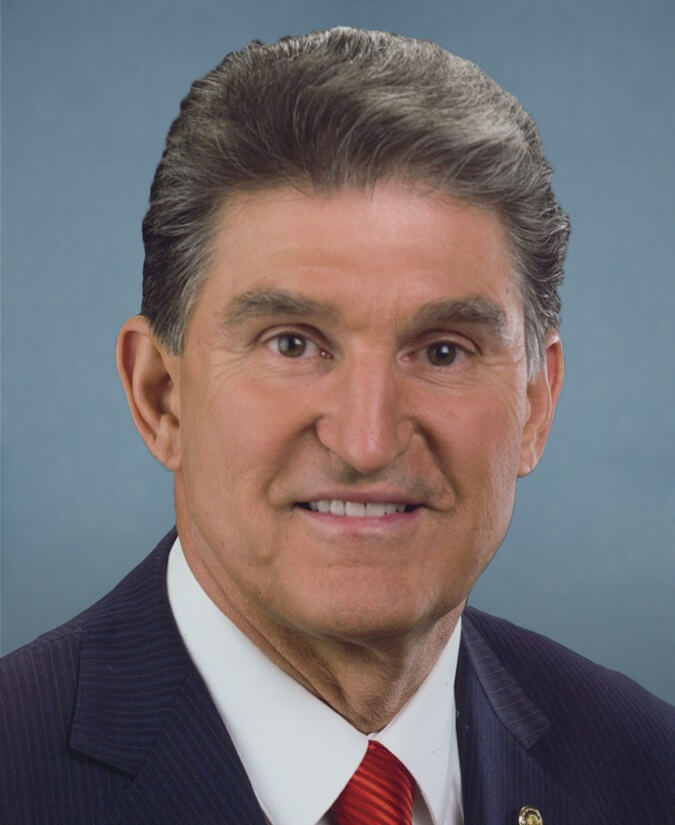The idiotic reboot of the war on drugs occurring under Attorney General Jeff Sessions is a blow to freedom in America. His new guidelines, calling for the maximum prosecution of drug “crimes,” have already been proven failures. They particularly endanger all levels of cannabis entrepreneurs.
As a senator, Jeff Session last year torpedoed a bi-partisan criminal justice reform bill. Legislators from both sides of the aisle, fatigued from the decades-long, prison-filling, trillion dollar war on some drugs, sought to reform drug laws and sentencing. Alarmed, Sessions and other drug war fanatics like Tom Cotton of Arkansas prevented criminal justice reform from advancing two years ago. Now, as Attorney General, Sessions is unleashing the massive forces at his command to prosecute the drug war to a new level of zealotry.
Drug law reformers saw decades of work erased last week with AG Sessions’ draconian, lock-em-up and throw away the key approach to drug cases. His 93 US prosecutors and their 5,000 assistants federal prosecutors are instructed to seek maximum penalties for drug cases and must answer when showing any leniency.
Any possession of marijuana is illegal federally. The few researchers able to study cannabis in the USA must keep it locked away in a heavy safe on premises as if it were among the planet’s most dangerous substances. Possession of just a few plants or pounds can is cause for a federal felony indictment; suspicion of sale enables federal minimum prison sentences. Families Against Mandatory Minimums FAMM list mandatory minimums of 5 years for possession over 100 marijuana plants, and 20 years for 1,000 plants.
All cannabis entrepreneurs and all workers in this booming industry in legal states now face new danger from Jeff Sessions’ legions. Law enforcement likes to say that its resources are limited, but the Department of Justice has vast assets, including the DEA and the IRS. The Attorney General is now focusing those assets against marijuana, a target of his keen personal hatred for four decades. He couches his tactics in terms of the opioid epidemic, a plague caused not by illegal drugs, but by pharmaceutical drugs. He cherry picks crime statistics to scare with an increase in some crimes to justify a reboot of the war on drugs, saying that illegal drug use and sales cause violent crime. They do not, but drug prohibition certainly does.
In addition to marijuana being persecuted, Sessions’ new cruel guidelines will snag and punish investigators in psychedelic drug research, an area showing great promise for treatment of PTSD and other psychological problems. Psilocybin mushrooms, MDMA, ayahuasca, even LSD are experiencing a renewal, emerging from 40 years of Schedule I repression. These psychoactive substances are helping people cope with trauma, disease, addiction, even impending death. A new survey found psychoactive mushrooms to be the safest ‘recreational’ drug. Now, with Jeff Sessions goading his federal prosecutors to maximize prosecution and punishment, entrepreneurs helping to increase the availability of these curative substances by growing and distributing will face, if caught by police, decades in prison.
Soon a whole new set of Americans will experience the cruel wrath of a Department of Justice utterly lacking in justice.






